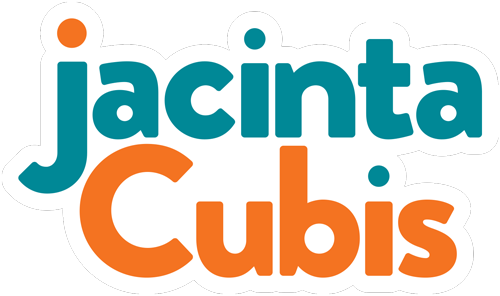Misreading the room has consequences outside it
Last week I looked at the consequences of missing stuff in the room – real or virtual. This week, let’s look at the impact outside the room.
How we read a room – or Zoom – affects whether the people in the room will support a decision. About a project, changes to services, new programs and policies. The implications for unsupported decisions are huge. Reputational damage. Wasted time and costs. Delayed projects. Having to do it all over again.
I’ll come back to this. Let’s remind ourselves what it feels like to be misread when you're in the room.
Misreading a room disconnects the facilitator from participants, and participants from each other. This undermines trust – in the facilitator and each other. People metaphorically sit back, rather than lean in and contribute to the conversation.
It’s a bit like the feeling when a live performer loses their audience. Sue Broadway, co-founder of Circus Oz, described this to me when we talked about observation. She was in the audience when a comedian made the wrong call and embarrassed another audience member. He “…just lost the audience, we couldn't be in the space with him, and appreciate what he was doing.”
He didn’t remedy it, name it or change it. He just ploughed on and the audience couldn’t wait to get out of the theatre.
I’ve been a participant when the facilitator ploughed on. I left the community room in a local park bewildered by the apparent decision we had just made. Our table was dominated by a few loud-mouths. What the facilitator heard from our table was their thoughts, not everyone at the table. We didn’t get a chance to compare notes with other tables.
Before our eyes, phrases and sentences that were not ours went up on the whiteboard fast. It was hard to keep pace. The facilitator summed things up in a satisfied manner, misreading our baffled silence as agreement. I think we’d given up by then. Like the audience with the comedian, we had disengaged.
She misread the room. As a result, the property developers left with what they thought was agreement and took it to the council for a decision.
But we mobilised. We got informed, wrote submissions, attended Council meetings and went from door to door to talk to neighbours.
Our local council got one message from the developers and a different one from the community. This time, the community was heard. In an election year, reputation rules.
The project will go ahead, but not to the original plan. The developers still need to consult with us at each stage, but they are on the back foot as far as their reputation is concerned.
While the facilitator may have misread the room, it’s the reputation of the client, the company or the government that bears the consequences.
Misread the room and decisions risk being unsupported and reputations damaged. Time is wasted and people have to go back to the drawing board. Like the Murray Darling Basin Authority had to do after angry farmers burnt the ‘final’ plan for the television cameras in 2010. I wonder how much time, money and resources were wasted in that debacle.
If I had to choose between the ability to read a room and a workshop plan, I think I would choose the former. A workshop plan is almost redundant without strong observational skills.
Groups have to connect, and stay connected, to work together and to collaborate. Observational skills are vital to building this connection.
As Susan Sontag said, "It's all about paying attention. Attention is vitality. It connects you with others." [1]
I’ll leave the final word this week with Broadway, circus elder and clowning expert.
“I think you can learn a lot about noticing things…it's lifelong…you can always get better.”
There is no list of what to look for to be able to read a room. But all the research shows that we can get better at looking. Join me at my monthly walkshop to try a cool way to do this. Last Tuesday of every month and the next one is at 2pm on 30 June. Break the mid-afternoon lull - book here.
[1] Cited in Austin Kleon’s, Show Your Work, 2014


